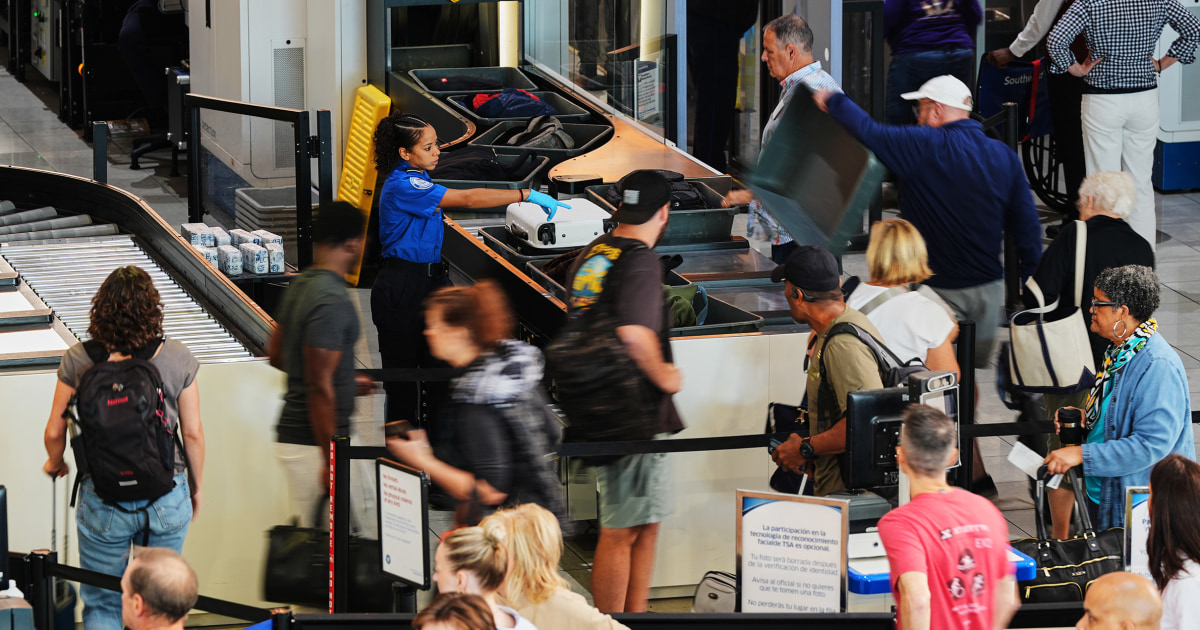As the government shutdown nears its second month, airports across the country are feeling its impact, with flight delays piling up because of staffing shortages.
This weekend saw the most difficult travel conditions yet at dozens of American airports, where lines of frustrated travelers appeared endless. More than 5,000 flights traveling from and to U.S. airports were delayed Sunday alone. As the shutdown drags on, more delays and cancellations can be expected, according to Transportation Secretary Sean Duffy.
Air traffic controllers, who are relied on to coordinate aircraft within the airspace and are required to work as essential workers during a government shutdown, have been working without pay. Duffy said he wants them to return to work, adding that those who do not will receive a disappointing paycheck at the end of the week.
“None of them can miss two paychecks,” Duffy said on CNBC’s “Squawk Box” on Monday. “They all start — their home finances fall apart, and they’re all going to have to look at taking second jobs or quitting and getting into another line of work. And the consequence of that is very real for our air system.”
Duffy underscored the dire need for air traffic controllers, adding that the system is short anywhere from 2,000 to 3,000 controllers.
“I’m trying to put more air traffic controllers into the system,” he said.
On Monday morning, more than 900 flights traveling within, to and out of U.S. airports were delayed, and more than 430 were canceled, according to FlightAware.com. John F. Kennedy International Airport and Newark Liberty International Airport account for most of it, with more than 110 delays and 16 cancellations between them.
It is not immediately clear if staffing shortages directly caused the delays and cancellations Monday.
The unpredictable flight schedule has frustrated travelers. Many are questioning the safety of air travel if control towers are not fully staffed.
Duffy said delays and cancellations are an attempt to make air travel safer.
“You’ll see more delays, you’ll see more cancellations of flights, and that’s because we slow traffic down because we don’t have enough controllers in the towers and TRACONs to make sure we can navigate the flights,” he said, referring to terminal radar approach control facilities. “So, that’s a tool that we have to keep the system safe.”
If air travel was unsafe, the Transportation Department would “shut the whole airspace down,” Duffy said.
“We won’t let people travel,” he said. “We’re not there at this point. It’s just significant delays.”

